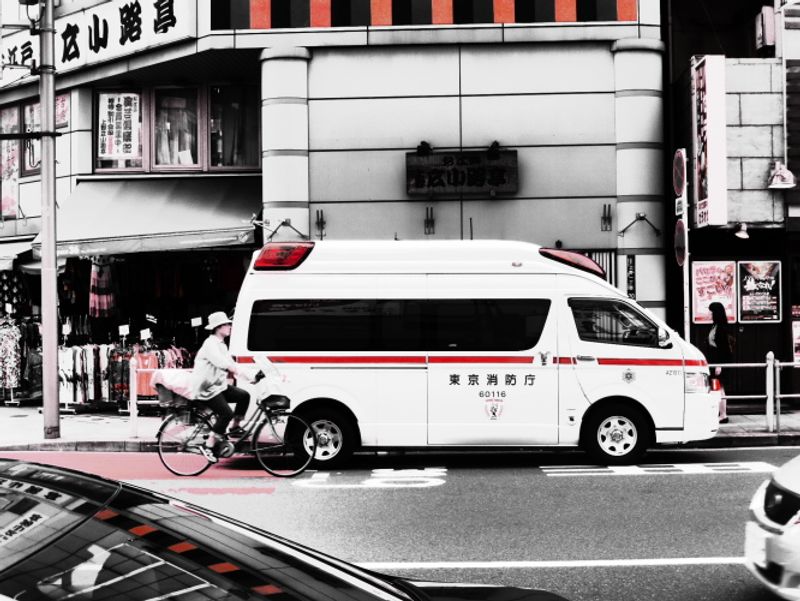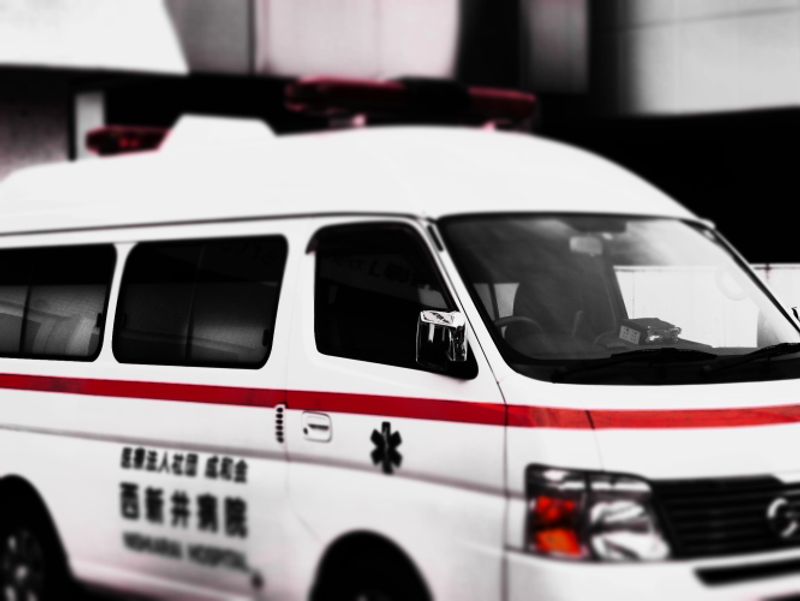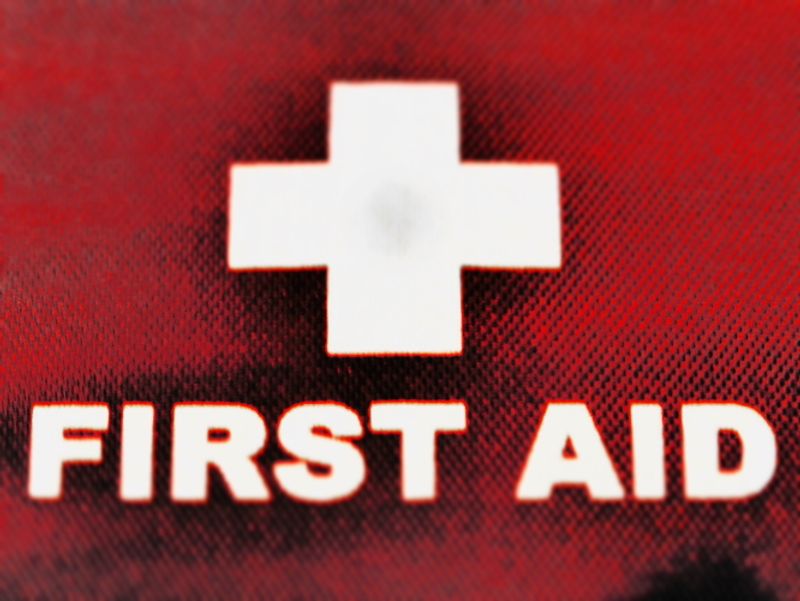Sep 16, 2014
Health Insurance In Japan

Let's cut to the chase on this one; if you're living and working in Japan you have to have health insurance … of some kind.
Yet for such an important issue, information is maddeningly vague, mixed, and sometimes conflicting. Clueless government bureaucrats, gung-ho foreign unionists, and private insurers sweating their monthly sales targets, all conspire to reduce the innocent foreign resident to a sobbing husk of their former selves, when trying to sort out their insurance (then presumably fight over who gets the money when treatment is sought).
First of all, let's establish what we know. You NEED health insurance. It WILL cost you money. It WILL help you sleep at night, stop you worrying, and enable you to better enjoy your 'Japan' life (although this WILL reduce the chances of you ever having to call your insurance into action). We also know that, for the average 'Joe', there are three types of insurance available – two belonging to the state, and the usual options offered-up privately.
What it is hard to establish is just which one we should, or indeed, need, take out.
It wasn't long ago that the Japanese government declared (very meekly) that foreign residents have to join one of the state insurance policies, and that it would be a factor considered in visa renewal applications. The problem was, hardly anyone picked-up on this, employers didn't seem concerned, and all it really amounted to was being asked at immigration if you had state insurance and if not then please would you be so kind as to possibly take it out at your nearest convenience, here's your visa! Eventually, foreign worker unionists lobbied for 'freedom of choice' and the policy has since been scrapped, apparently, (finding any official source to clearly declare this is a frustrating task).

Freedom of choice it is then. So, what are the choices?
State policies center around two options both of which require you to be a legally registered resident of Japan with permission to stay for over three months …
Social Health Insurance and Pension: Shakai Hoken (社会保険)
If you’re a company worker, this is for you. However, it involves contributions from your company, and it’s not unusual for some organizations to try and avoid this. One way is to set contracted working hours just below the required amount to qualify (usually around 29.5 hours/wk) and then set you up with a private insurer of their choice.
Actually, Shakai Hoken is an all-in-one package of health insurance, unemployment insurance, and state pension. Contributions are made monthly (taken directly from wages) and are split 50-50 between employer and employee. The more you earn, the more you pay. A monthly salary of 300,000 yen will mean a contribution of around 37,000 yen. This would be matched by your employer.
The insurance covers 70% of medical costs (with exclusions) including some trips to the dentist and the optician. Setting this policy up is all done by your employer so it’s a breeze. Once you’re in, you’ll be given a card that you need to show on visits to the hospital etc.
National Health Insurance: Kokumin Kenko Hoken (国民健康保険)
People who don’t quality for Shakai Hoken have the option of signing up for the above. It’s a policy that covers health only, paying the same 70% of medical costs. NHI is the realm of students, the self-employed, and freelancers. Premiums are based on your previous year’s income and area of residence. If this is your first year in Japan they will be set at a base rate (the value of which it is nearly impossible to find).
Clear and definitive information about NHI can only be found at your local city hall. Before jumping into this there are some key points to be aware of. Firstly (and staggeringly) this insurance does NOT cover you for health issues during work hours! For such cover, get researching relevant industry unions to find out your options. Also, (and again, staggeringly) new applicants to the system are liable for back payments to cover the time they have been in Japan without being on NHI (regardless of any private insurance you may have been on) - anywhere up to five years! One way to avoid this is to find employment with a company that puts you on Shakai Hoken. This then wipes clean your ‘health insurance’ slate such that if you decide at a later time to switch to NHI, you can do so without fear of back payments.
Registration is made at your city hall and will require residence card and passport to get things started.

Do It Privately
The advantage of going private is simplicity and the ability to do all the form filling and inquiries in a language of your choice.
The big disadvantages must be taken seriously. Although it seems the government can’t force you onto state coverage, it’s clear that this is where they want you, and who knows what kind of policy changes may occur in the future. Also, holding private insurance will mean making up-front payments for your treatment to be claimed back later - with all the form filling and evasive phone conversations that often entails.
In Conclusion …
Many of us foreign residents exist at the whim of our employer in such matters, and as such they make our choices for us. Fine, but do some research and know what it is they should be doing for you.
Finding a company that puts their staff on Shakai Hoken is surely the best case scenario; a policy that (generally) works, offers a wide coverage, and plays it ‘by the book’. Even with this though, you’ll still find private clinics unwilling to accept this insurance. How? Why? Who knows? Go somewhere else.
It cannot be stressed enough, that when it comes to NHI, no advice you’ll find on the web can substitute for a face-to-face consultation with someone from the city hall where you are resident.
For more detail on coverage/exclusions check out your resident city’s homepage.
There’s an overwhelming amount of information of the web, but the people over at Japan Healthcare Info have a clear English language web page.



0 Comments